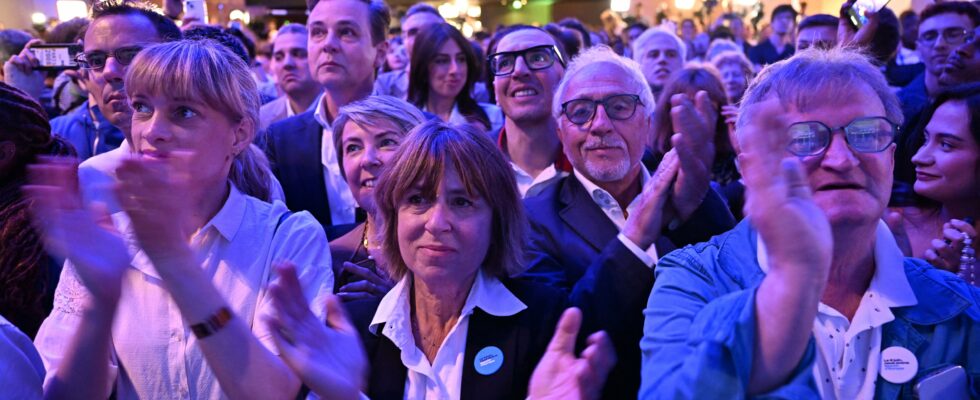The upcoming French legislative elections are unique in many ways. It is first of all the result of a dissolution, therefore a rare and uncertain phenomenon. It is also the first time that a bloc, classified as “the extreme right”, even if this term is undoubtedly not appropriate, can win and govern France.
But the most important thing is that for the first time in history, those who comment on this election in the media, those who hold the levers of power, those who live in the cities, will not decide the outcome, or else very marginally.
The results of the European elections put the RN in the lead in 94% of the municipalities, but Jordan Bardella’s list is only in the lead in three cities. She narrowly beats that of Manon Aubry in Marseille and Saint-Etienne, and achieves a score in line with the national average in Nice. Everywhere else, in the cities and metropolises of France, the RN is ahead, sometimes very significantly as in Paris, Lyon and in municipalities in the west of France.
The Lot or the Eure more important than Paris
In other words, there is a strong chance that the populations of large cities, of the capital in particular, will have absolutely no say in the ballot boxes, since the second rounds of the legislative elections will often see left-wing candidates opposed. and centrist candidates. The RN indeed has very little chance of winning any urban constituency. At the department level, Jordan Bardella is in the lead everywhere except in Paris, in Hauts-de-Seine, Val-de-Marne and Seine-Saint-Denis. In other words, he is in the lead in the provinces and his electorate cares little about what is happening in Ile-de-France.
In all the peri-urban and rural constituencies of peripheral France, i.e. nearly 500 seats to be filled in the National Assembly, the RN list comes first. It is therefore a rural, peri-urban electorate, from medium-sized towns, which will alone or almost decide the future of the country. The voice of a Parisian voter will carry very little weight compared to that of a voter from Lot or Eure. The first will probably have the choice between a candidate from the presidential majority, a left-wing candidate and sometimes even one of the rare LR survivors, while the second will have the choice between an RN candidate in a favorable ballot and another candidate.
This revenge of peripheral France is a consequence, undoubtedly unexpected, of Emmanuel Macron’s decision to dissolve the National Assembly. Those who speak in the media, those who teach in universities, those who are the economic leaders of the country will undoubtedly give their point of view, but those who will decide are the French people of the provinces, of rural areas. It has never happened to this point: those who flourished the roundabouts a few years ago find themselves in the position of deciding alone the future of the country.
“For real”
They had already done so during the referendum on the European constitutional treaty, the result of which was subsequently circumvented, but this time, it is “for real”. The future of the country really depends on their vote and no one in Paris knows how to talk to them, no one knows how to address them because, for reasons that have been explained by many sociologists, geographers, political scientists, they have been excluded. of our country’s path to modernity.
Those who will vote look with amusement at the Henri IV high school in Paris blocked by its students, they look with amusement at the Parisian squares invaded: these are places that do not concern them. This paradoxical situation means that the author of these lines, but also a good part of those who will read them, will undoubtedly not be directly concerned by the choice of next June 30 and July 7.
Beyond the result of these legislative elections, it will now be impossible to ignore this “France of constituencies” since ultimately, it is she who holds the keys to legislative power and the composition of this government, but also of those which will come later because there is little chance that France will not benefit a little from this power which it absolutely did not expect.
*Arnaud Lacheret is a professor at Skema Business School. He notably published The integrated ones And Women are the future of the Gulf published by Bord de l’eau.
.
